Untold facts of May 12 Karachi carnage
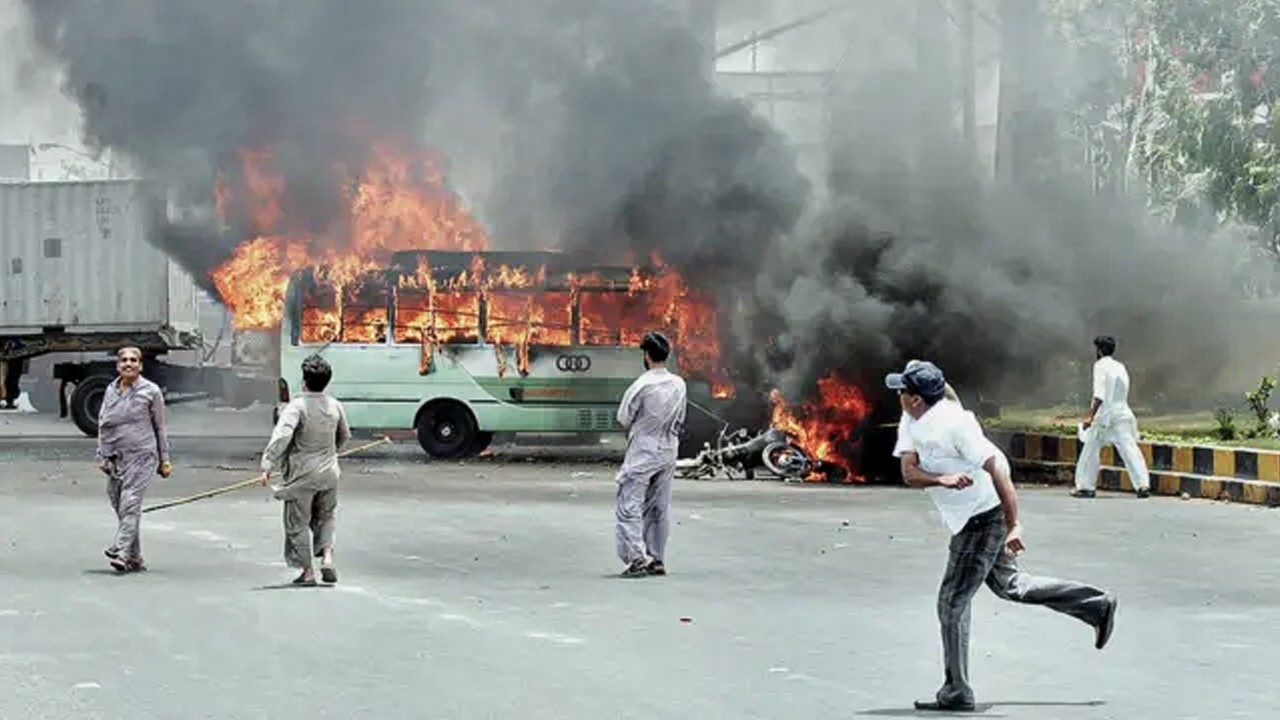
Web Desk
|
30 May 2025
KARACHI: Senior journalists based in Karachi opened up about the untold stories and deeper political dynamics behind the bloodshed that unfolded on May 12, 2007, when the then-suspended Chief Justice of Pakistan, Iftikhar Muhammad Chaudhry, arrived in the city to a chaotic and violent reception.
In an exclusive conversation with Dialogue Pakistan, veteran journalists Faheem Siddiqui, Iqbal Khursheed, Faizullah Khan, and MQM social media activist Junaid Zaidi recounted eyewitness accounts, political maneuverings, and lawlessness that gripped Karachi that day — resulting in at least 48 deaths and scores of injuries.
Faheem Siddiqui recalled the city's descent into lawlessness, stating, “Gunfire erupted in multiple parts of the city. There was complete confusion about who was firing at whom. It was a day of unrestrained violence.”
Iqbal Khursheed noted that the incident severely damaged the Muttahida Qaumi Movement (MQM) politically, saying, “May 12 left a deep scar on MQM’s image — one from which the party has never fully recovered.”
Faizullah Khan pointed out that all political parties had announced plans to welcome the deposed chief justice at the Karachi airport. On the same day, MQM announced a counter-rally at the Tibet Centre, a move many saw as a signal that confrontation was inevitable.
The journalists highlighted that containers were placed overnight on major roads across Karachi by MQM workers under the supervision of sector in-charges, effectively blocking access and creating flashpoints for conflict.
Read more: MQM founder Altaf Hussain’s daughter set to join Pakistani politics
MQM social media activist Junaid Raza Zaidi, another senior voice in the discussion, criticized the use of weapons from all sides and alleged that MQM's actions on May 12 were taken under government directives, reportedly with the knowledge of the Chief Minister and the Home Minister of the time.
He further claimed that although MQM did not plan the bloodshed, it was the only party that formally released a list of over 40 workers it claimed were killed in the violence. Zaidi added that a phone call from London — widely believed to be from the party's then-leader Altaf Hussain — had instructed MQM to call off its rally, but by that time, its returning workers were already being targeted.
Zaidi questioned why, even after 17 years, no individuals were held accountable for the killings and widespread mayhem, suggesting the lack of justice is a reflection of political complicity and institutional failure.
The revelations shed renewed light on the tragic events of May 12, 2007, a day now etched in Karachi’s history as a grim reminder of the dangers of political polarization, state-sponsored violence, and the cost of power struggles on ordinary citizens.


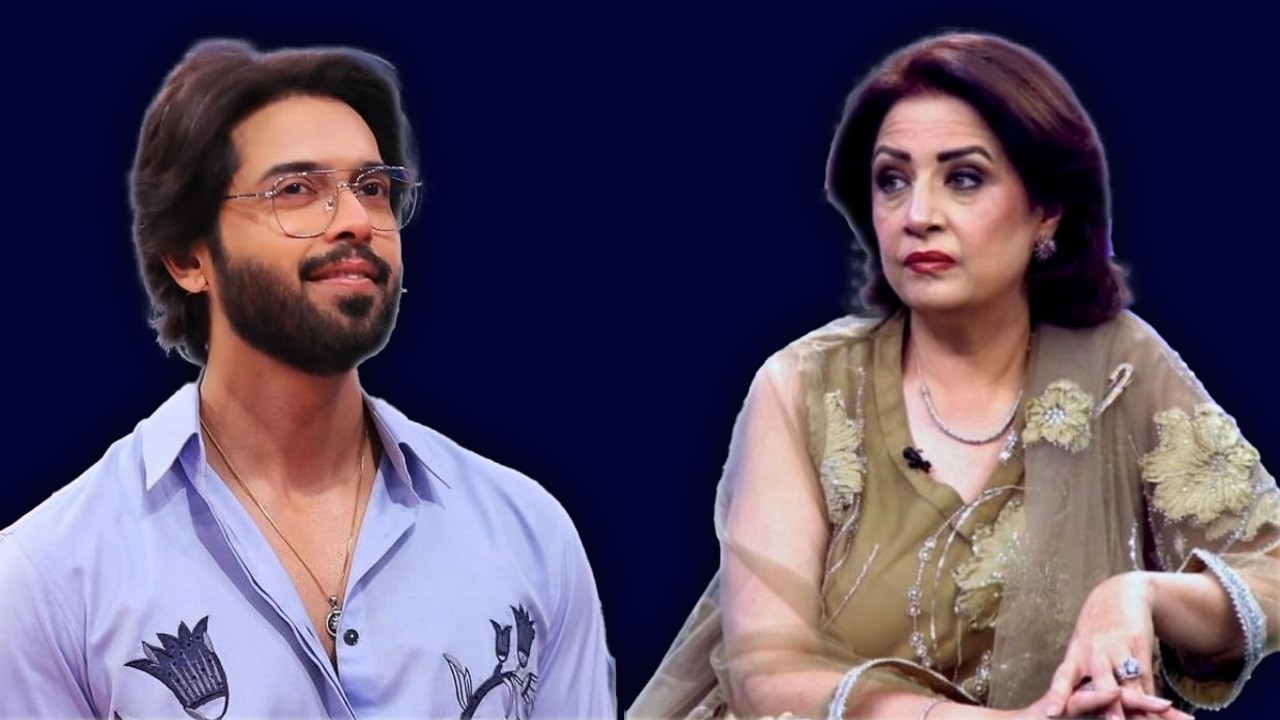


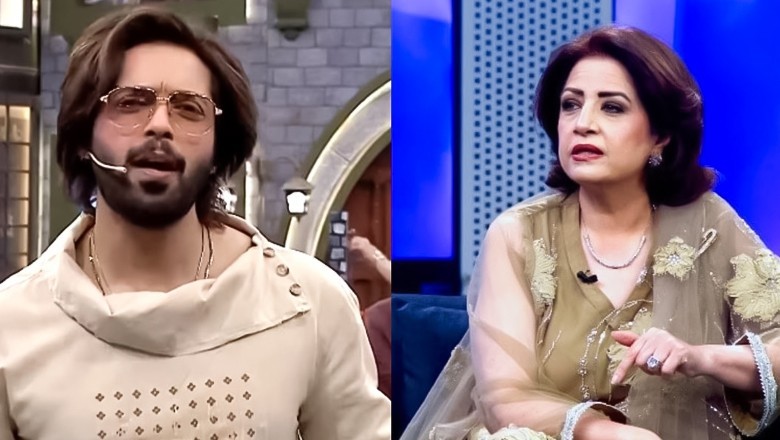
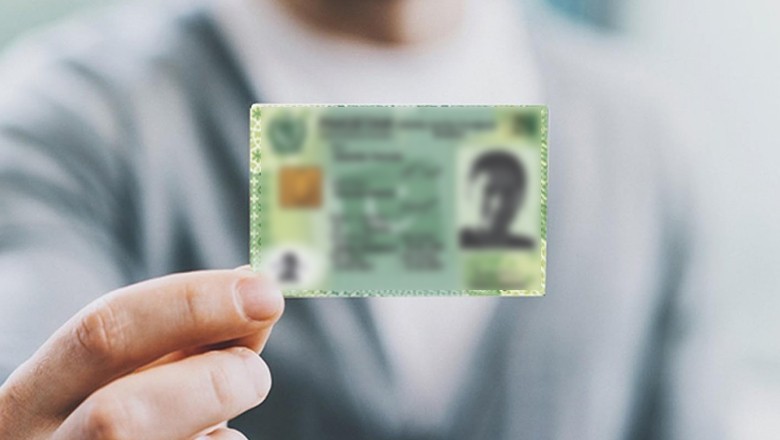
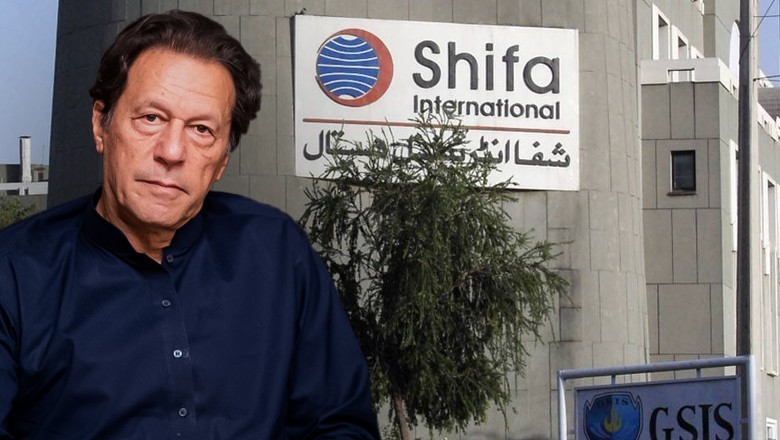
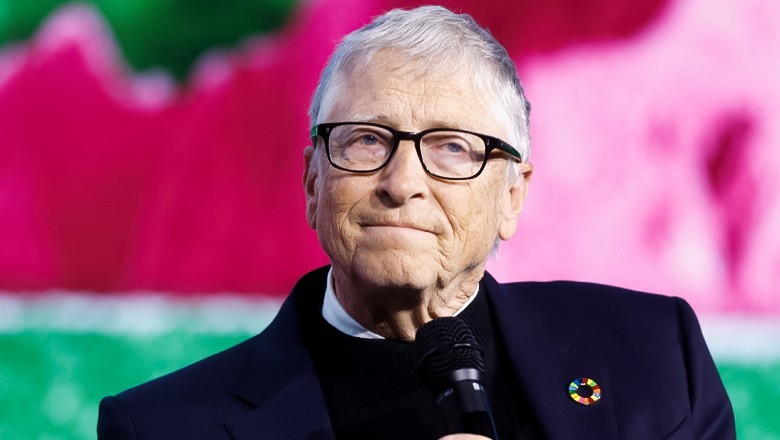
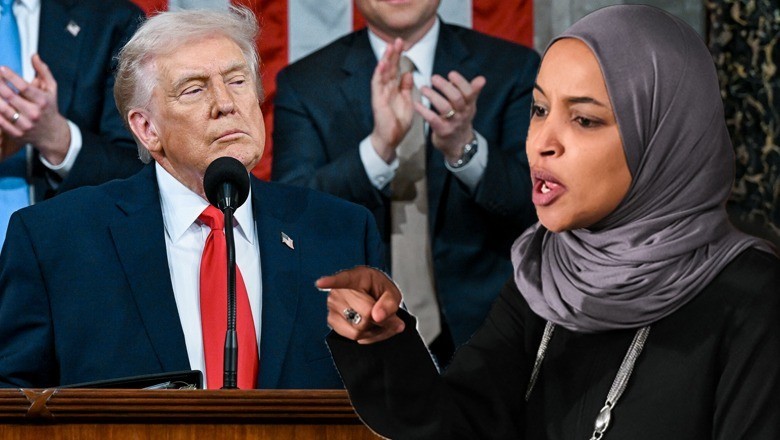
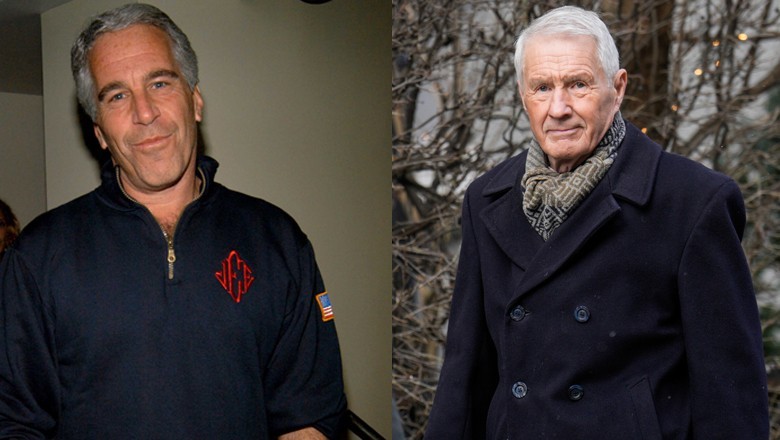

Comments
0 comment